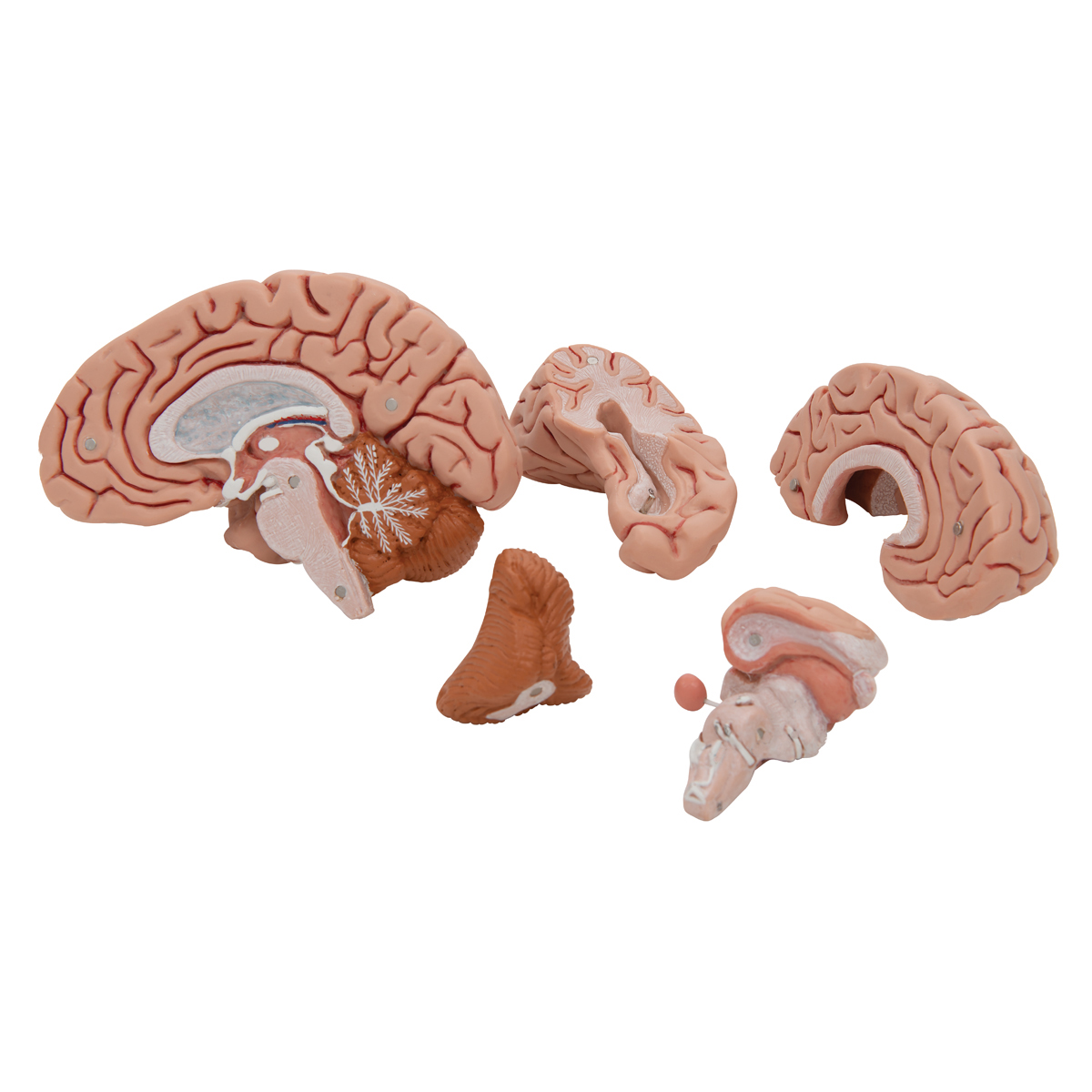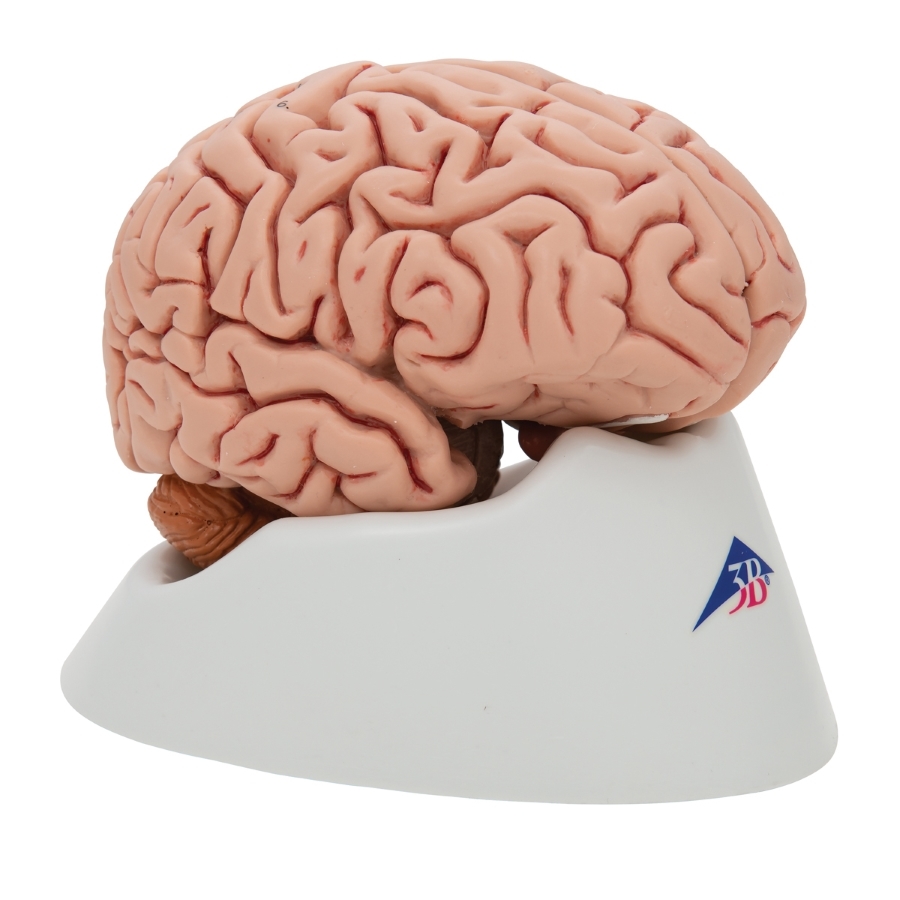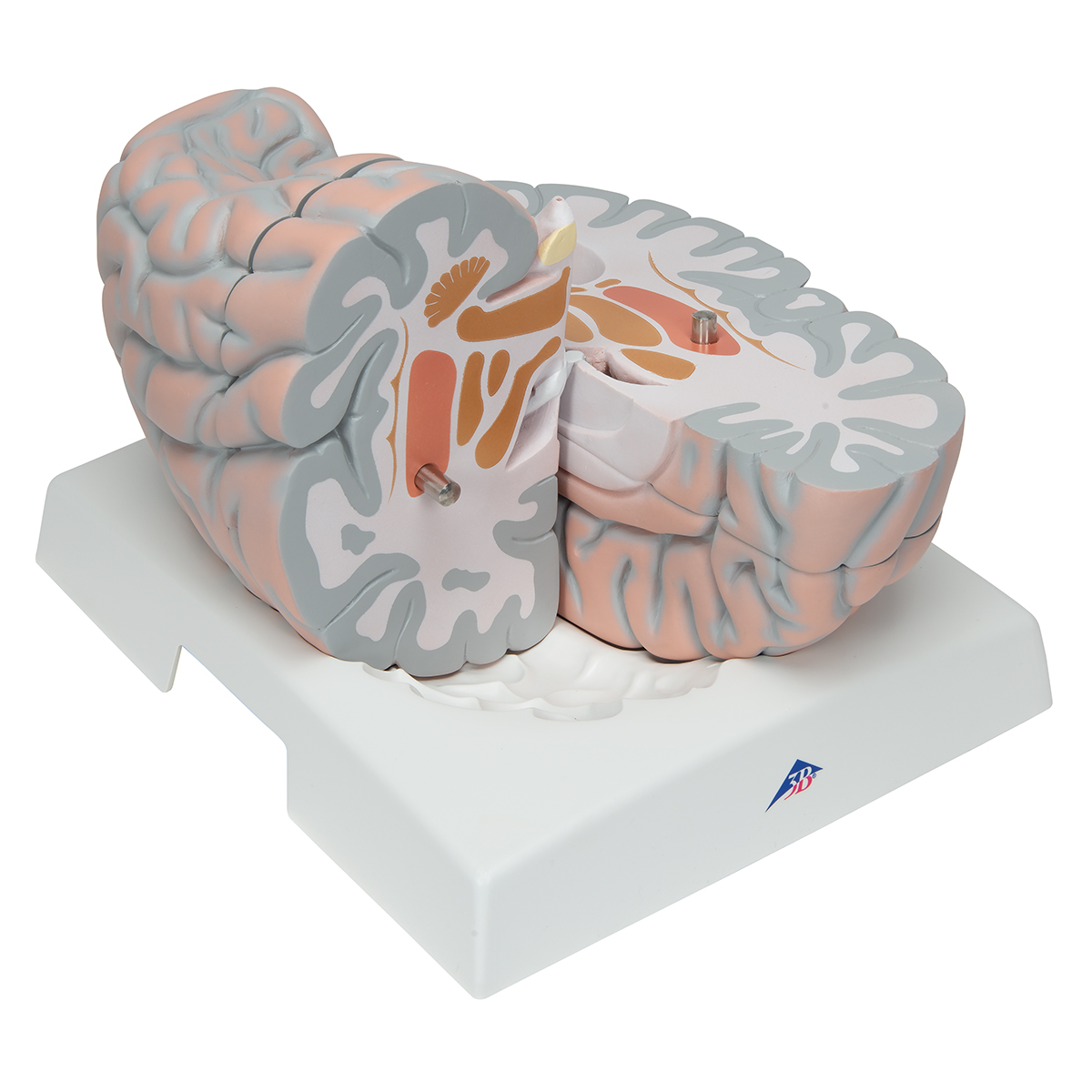Brain Fog When Sick: Understanding and Managing Cognitive Impairment
Brain fog when sick is a common experience for many individuals. It encompasses various cognitive difficulties, including confusion, forgetfulness, and lack of concentration. This phenomenon often accompanies physical illness, affecting daily life and overall well-being. Understanding the causes of brain fog can help individuals manage its effects more effectively.
Causes of Brain Fog During Illness
Brain fog occurs due to several factors related to illness. One significant cause is inflammation. The body’s immune response triggers inflammation to fight infections. While inflammation works to combat illness, it can adversely affect brain function. This inflammation leads to changes in neurotransmitter activity, impairing cognitive processes.
Furthermore, dehydration plays a critical role in cognitive impairment. When sick, individuals may not consume sufficient fluids. This dehydration can lead to headaches, fatigue, and hindered mental clarity. Lack of hydration disrupts the body’s ability to deliver necessary nutrients to the brain. Consequently, cognitive function diminishes, causing feelings of brain fog.
Sleep disturbance is another common contributor. Illness often disrupts regular sleep patterns. Symptoms such as coughing, fever, or body aches interfere with restful sleep. Quality sleep is essential for cognitive function and mental clarity. Insufficient sleep can lead to confusion, irritability, and forgetfulness.
In addition, certain medications may induce brain fog as a side effect. Pain relievers, antihistamines, and sedatives can influence cognitive function. While these medications alleviate symptoms, they may cause additional cognitive impairment. Understanding how medications impact cognitive abilities is crucial for managing brain fog.

Symptoms of Brain Fog When Sick
Brain fog manifests through various symptoms, making daily tasks more challenging. Common experiences include difficulty concentrating and frequently losing focus. Individuals may find it challenging to engage in conversations or complete work tasks. This lack of concentration can lead to frustration and decreased productivity.
Another prevalent symptom is forgetfulness. Many individuals report struggling to remember simple tasks or recent conversations. This experience can lead to feelings of embarrassment and anxiety. Forgetting appointments or important deadlines becomes frustrating during illness.
Fatigue often accompanies brain fog, exacerbating cognitive difficulties. Individuals may feel physically drained and mentally exhausted. This fatigue can hinder the ability to think clearly, contributing to a feeling of being overwhelmed. Lack of energy also affects motivation and the desire to engage in activities.
Additionally, some may experience difficulty processing information. Reading comprehension and following discussions become challenging during brain fog episodes. This difficulty can hinder communication and lead to misunderstandings. Acknowledging and recognizing these symptoms is essential for addressing brain fog effectively.
Finally, mood changes may occur alongside cognitive impairment. Individuals might feel irritable, anxious, or even depressed when dealing with brain fog. These emotional fluctuations further complicate the experience of being sick and can exacerbate existing health issues.
Impact of Brain Fog on Daily Life
Brain fog when sick significantly impacts daily life. Individuals often struggle to perform routine tasks, both at home and work. Simple chores may become monumental challenges. The inability to concentrate can lead to uncompleted tasks and increased stress.
At work, cognitive difficulties can hinder productivity. Tasks requiring deep focus and critical thinking become overwhelming. This struggle can lead to decreased job performance and self-esteem issues. Individuals may fear negative evaluations from colleagues or supervisors due to visible cognitive impairment.
Social interactions can also suffer when experiencing brain fog. Engaging in conversations becomes more challenging, leading to misunderstandings. Friends and family may perceive the affected individual as disinterested or apathetic. This miscommunication can strain relationships and increase feelings of isolation.
In academic settings, students may face similar challenges. Brain fog can disrupt the learning process, making it difficult to retain information. Poor academic performance can result from cognitive difficulties experienced during illness. This situation can create additional anxiety and stress for students trying to succeed.
Health management can also become complicated. An individual may struggle to remember medications or appointments, negatively impacting recovery. Proper communication with healthcare providers is essential in overcoming these challenges. Understanding the impact of brain fog can help guide discussions about symptoms and treatment options.

Coping Strategies for Brain Fog
Managing brain fog when sick involves various coping strategies. Prioritizing rest plays a crucial role in recovery. Adequate sleep allows the body to heal and restore cognitive function. Create a sleep-friendly environment by minimizing distractions and maintaining a consistent sleep schedule.
Staying hydrated is equally important. Drinking plenty of water helps improve cognitive function and combat dehydration. Herbal teas or clear broths can also provide hydration and nourishment. Setting reminders to drink fluids can ensure sufficient intake throughout the day.
Nourishing the body with healthy, balanced meals is essential during illness. Proper nutrition provides the brain with necessary nutrients. Focus on whole foods, including fruits, vegetables, whole grains, and healthy fats. Omega-3 fatty acids can specifically support brain health. Foods like salmon, walnuts, and flaxseeds are excellent choices.
Breaking tasks into manageable steps can alleviate feelings of overwhelm. Create to-do lists and prioritize tasks based on importance. Focus on completing one task at a time to enhance concentration. Avoid multitasking, as it can exacerbate cognitive challenges.
Additionally, practice relaxation techniques. Mindfulness meditation, deep breathing, and gentle exercises can help alleviate stress. These techniques promote mental clarity and emotional resilience during illness. Engaging in short, calming activities can recharge the brain.

Seeking Professional Help
If brain fog persists or worsens during illness, seeking professional help is crucial. Healthcare providers can assess cognitive challenges and develop a tailored treatment plan. Openly discussing symptoms enables healthcare providers to determine underlying causes. Addressing potential medication side effects may also alleviate brain fog.
In some cases, discussing mental health is necessary. Cognitive impairment during illness can exacerbate anxiety or depression. Therapeutic interventions may provide strategies for managing emotions while improving cognitive function. Mental health plays a critical role in overall well-being and recovery.
Participating in support groups may also prove beneficial. Connecting with others experiencing similar challenges can reduce feelings of isolation. These groups offer opportunities to share experiences and coping strategies. Knowing others face similar struggles can help individuals feel more supported.
Cognitive rehabilitation programs can assist individuals in regaining mental clarity. These programs provide targeted exercises aimed at improving focus and memory. Professional guidance can help individuals develop skills to manage brain fog effectively.
Remember that recovery takes time. Healing from illness and cognitive impairment requires patience and understanding. Focusing on gradual progress will foster a more positive mindset throughout the recovery journey.
The Role of Lifestyle Modifications
Incorporating lifestyle modifications plays a vital role in managing brain fog when sick. Regular physical activity can enhance overall health and improve cognitive function. Gentle exercises, such as walking or stretching, can help boost mood and energy levels. Seek activities suited for personal comfort levels during illness.
Maintaining a daily routine can provide structure during recovery. Setting specific wake-up and sleep times promotes stability. Incorporating regular meals, hydration, and exercise helps build a sense of normalcy. Creating a daily schedule can improve focus and cohesive thinking.
Additionally, reducing stress levels is essential. Chronic stress negatively impacts cognitive function and overall health. Engaging in relaxing activities, such as reading or listening to music, can alleviate stress. Finding time for hobbies can provide an emotional outlet and enhance well-being.
Practicing good time management can prevent feelings of overwhelm. Breaking up larger tasks into smaller aspects can enhance focus. Completing tasks one step at a time can alleviate cognitive overload. Setting realistic goals ensures that individuals do not push themselves too hard during recovery.
Finally, fostering social connections contributes to improved mental clarity. Spending time with friends and family can provide emotional support. Positive interactions can lift spirits and distract from illness, promoting faster healing. Engaging in conversations can stimulate the mind, offering cognitive benefits.

Understanding Long-Term Effects
While brain fog when sick is often temporary, long-term effects can occur. Prolonged cognitive impairment may signify underlying health issues. Conditions such as chronic fatigue syndrome or fibromyalgia may lead to sustained cognitive difficulties. Understanding the connection between illness and cognitive function is crucial.
Chronic illnesses often feature brain fog as a prominent symptom. Individuals with autoimmune disorders frequently report cognitive challenges. Ongoing inflammation may contribute to persistent cognitive impairment. These long-term effects can significantly impact daily life and functional abilities.
It is essential to monitor cognitive function during recovery. If brain fog persists beyond the expected timeframe, consult a healthcare provider. Comprehensive assessments can uncover underlying health issues and guide appropriate interventions.
Maintaining awareness of mental health is also important. Anxiety and depression can stem from ongoing cognitive difficulties. Seeking mental health support can be a vital component of managing these long-term effects.
Managing brain health starts with self-advocacy. Individuals should communicate concerns openly with healthcare providers. Educating oneself about potential conditions and symptoms can empower individuals. This knowledge promotes proactive strategies for addressing cognitive challenges.

Navigating brain fog when sick requires understanding and adaptive strategies. Recognizing the common causes, symptoms, and coping mechanisms can significantly aid in recovery. Individuals encountering cognitive impairments during illness must remain patient with themselves. Comprehending that healing takes time must become central to their approach.
Establishing routines, maintaining hydration, and seeking professional help are vital components. Adopting lifestyle modifications can further bolster cognitive clarity. Understanding the effects of illness on cognitive function can ease emotional burdens. Discussing experiences transparently fosters supportive environments.
Encouraging social connections can uplift spirits and enhance cognitive function. Individuals are less likely to feel isolated or overwhelmed when surrounded by supportive networks. Prioritizing physical self-care and mental health strengthens resilience during recovery.
Ultimately, brain fog does not define an individual’s overall health or quality of life. Recognizing the temporary nature of cognitive impairment offers hope during challenging times. Embracing coping strategies creates pathways toward recovery and improved mental clarity. By actively engaging in care, individuals can navigate brain fog with confidence and resilience.
